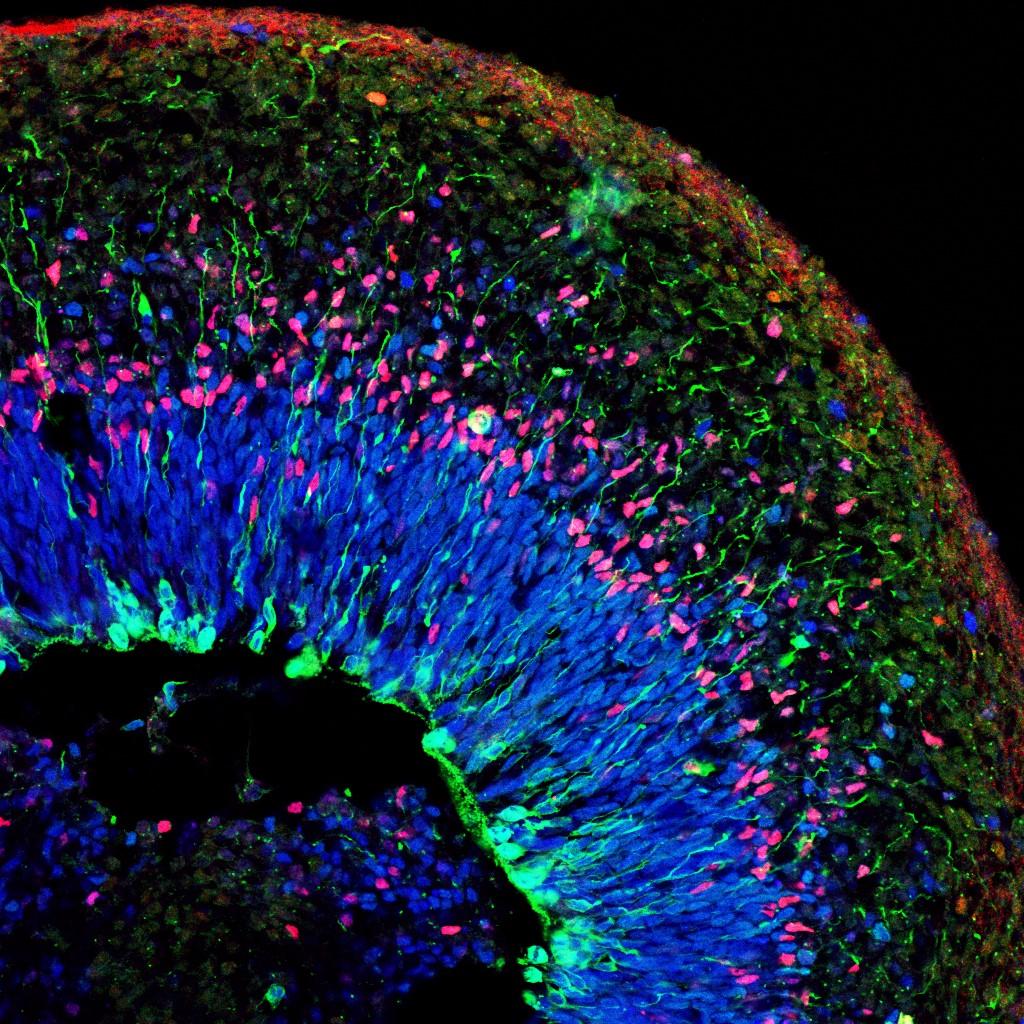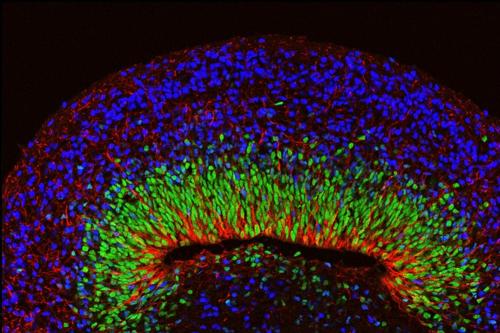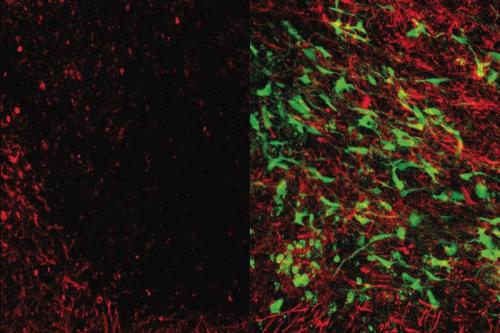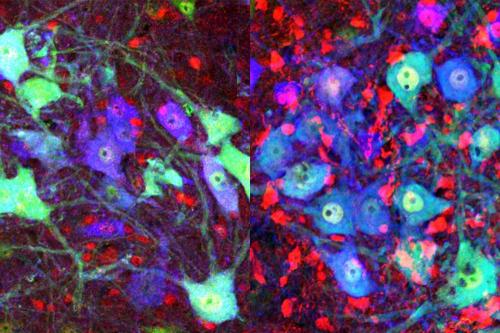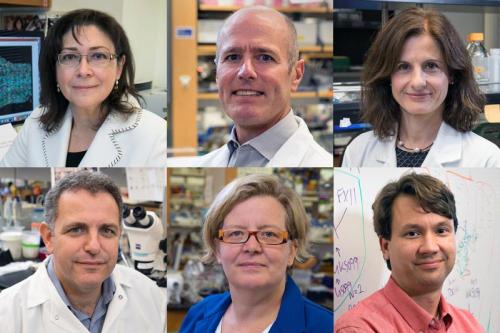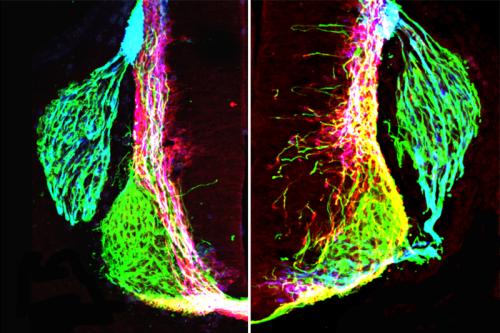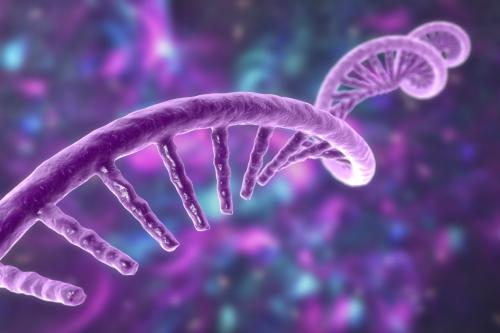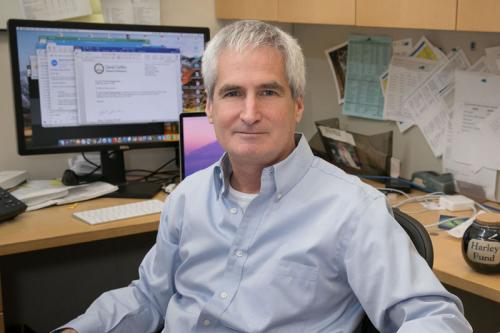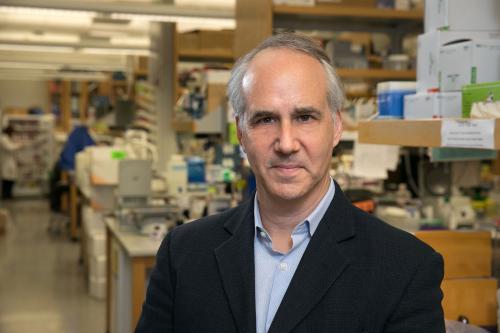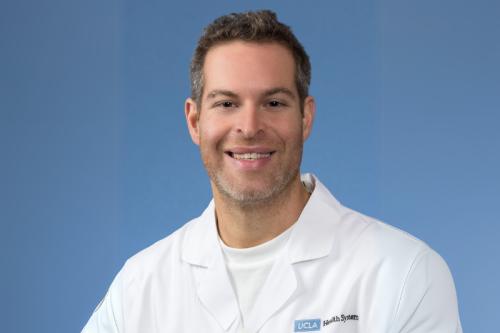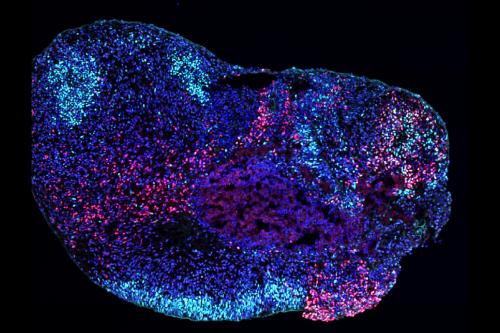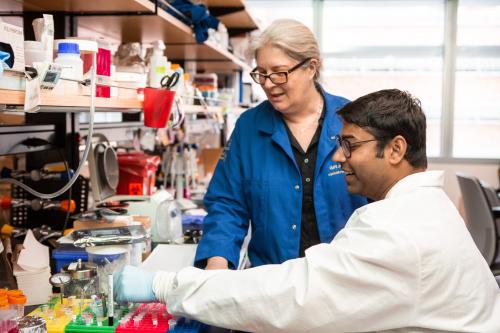
Neurological Diseases, Disorders & Injuries

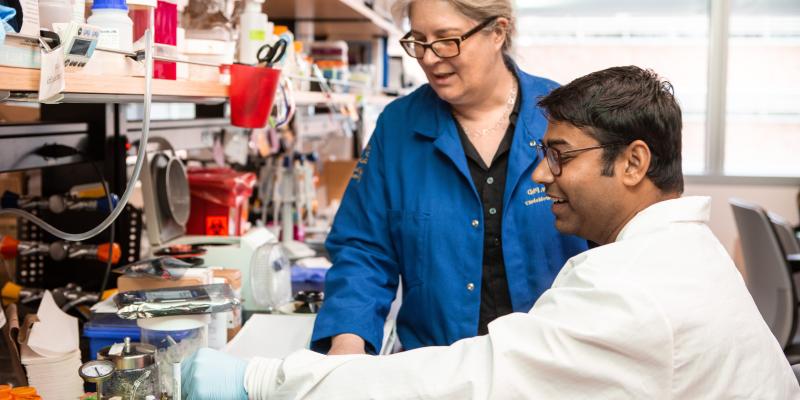
Overview
Diseases and disorders that affect the brain, spinal cord and other parts of the nervous system have substantial and often devastating consequences for hundreds of millions of people around the world. Yet treatment options for the majority of these conditions are limited or non-existent. Our members are leveraging a range of tools including mini brain organoid 3D tissue grown from stem cells to replicate aspects of the structure and function of an organ. By modeling how multiple types of cells interact in biologically-relevant structures, these models help researchers understand how human organs develop, age and respond to disease in more detail than 2D cultures. organoid 3D tissue grown from stem cells to replicate aspects of the structure and function of an organ. By modeling how multiple types of cells interact in biologically-relevant structures, these models help researchers understand how human organs develop, age and respond to disease in more detail than 2D cultures. models and bioinformatics Combines biology and computational science. It involves analyzing biological data using computational tools, such as algorithms and databases. Bioinformatics helps researchers sift through large amounts of data to understand biological processes, and study genes, proteins and genomes. bioinformatics Combines biology and computational science. It involves analyzing biological data using computational tools, such as algorithms and databases. Bioinformatics helps researchers sift through large amounts of data to understand biological processes, and study genes, proteins and genomes. to bring us closer to understanding and treating diseases ranging from Alzheimer’s to schizophrenia.
To develop therapies for neurological disorders, researchers need to understand not only how these conditions develop and progress but also how the systems they affect form and function. Progress in this area has long been elusive due the fact that access to human brain tissue is limited and animal models cannot recreate all of the complex features and processes of human brains. By using human stem cells Cells that have the ability to differentiate into multiple types of cells and make an unlimited number of copies of themselves. stem cells Cells that have the ability to differentiate into multiple types of cells and make an unlimited number of copies of themselves. to grow and study 3D brain organoids, our scientists are gaining critical insights into neurological development and disease as well as devising new, much-needed treatment strategies.
Center members are also investigating the genetic and molecular mechanisms by which the brain, spinal cord and nerves recover from injuries. This work is driving the development of a gel to help repair brain damage caused by stroke and creating a foundation for therapies that restore motor function and sensation in people with spinal cord injuries.
To learn about our research into neuromuscular conditions including muscular dystrophies, visit the Bone & Muscle Diseases & Injuries research area.
Our Goals
- Identify the common genetic variants that impact a person’s risk of developing Alzheimer’s, autism, multiple sclerosis, obsessive compulsive disorder and other challenging brain diseases to inform therapy development
- Develop and study stem cell-derived 3D brain organoid 3D tissue grown from stem cells to replicate aspects of the structure and function of an organ. By modeling how multiple types of cells interact in biologically-relevant structures, these models help researchers understand how human organs develop, age and respond to disease in more detail than 2D cultures. organoid 3D tissue grown from stem cells to replicate aspects of the structure and function of an organ. By modeling how multiple types of cells interact in biologically-relevant structures, these models help researchers understand how human organs develop, age and respond to disease in more detail than 2D cultures. models to pinpoint the neurological processes underlying diseases including epilepsy and dementia
- Devise techniques to produce all subtypes of sensory interneurons from human stem cells Cells that have the ability to differentiate into multiple types of cells and make an unlimited number of copies of themselves. stem cells Cells that have the ability to differentiate into multiple types of cells and make an unlimited number of copies of themselves., enabling the creation of stem cell therapies to restore sensation in people with spinal cord injuries
- Develop drugs and stem cell therapies that enhance the brain’s inherent ability to repair itself after a stroke
- Uncover how certain viruses enter the central nervous system and attack the brain to inform the development of preventative therapies that protect against these neuroinvasive infections
- Understand how the production of new neurons declines with age in order to develop drugs that promote the growth of new neurons
- Pinpoint how brain tumor stem cells grow and evade treatment to inform the development of more effective treatments for brain cancers
- Investigate how the brain's immune and support cells influence the progression of neurodegenerative diseases, with a focus on finding new treatment strategies
- Understand why prolonged activation of stress pathways selectively impairs vulnerable brain cell types, contributing to neurodegenerative diseases
Research Highlights
Modeling brain diseases
Our scientists create 3D brain organoids using stem cells derived from patients with Rett syndrome to examine patterns of seizure-like electrical activity, investigate underlying causes of the disease and test potential therapies.
Promoting recovery from stroke and dementia
Center members develop a stem cell therapy that has been found to help repair brain damage and improve memory function in mice with conditions that replicate human strokes and dementia.
Accelerating recovery after nerve injuries
Our researchers discover a molecular process that controls the rate at which nerves grow during development and recovery from injury, revealing a target for therapies that accelerate this process to speed recovery after nerve injuries.
Tackling Alzheimer’s and mixed dementias
A multidisciplinary group of UCLA researchers comes together to harness their shared expertise and answer some of the biggest questions about Alzheimer’s and other dementias.
Understanding the developing nervous system
Center researchers overturn a long-standing paradigm about how axons grow during embryonic development, a finding that could improve therapies for injuries that sever nerves or for diseases that affect the nervous system, such as diabetes.
Uncovering human brain development
Our researchers discovered hundreds of thousands of new gene transcripts, providing a comprehensive dataset that could improve the ability to make genetic diagnoses and treat neurodevelopmental disorders.
